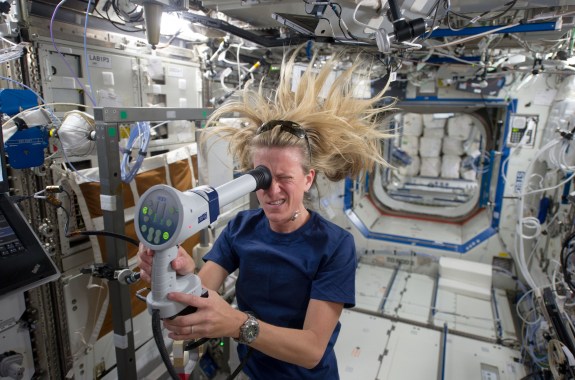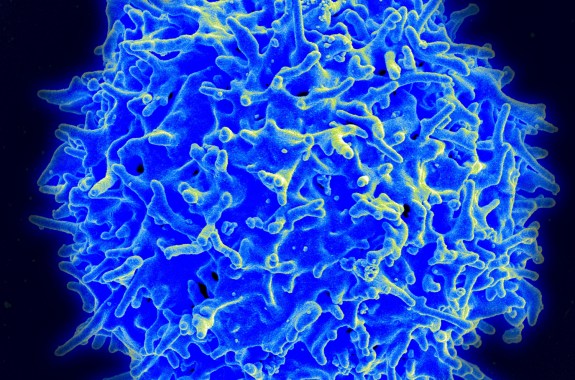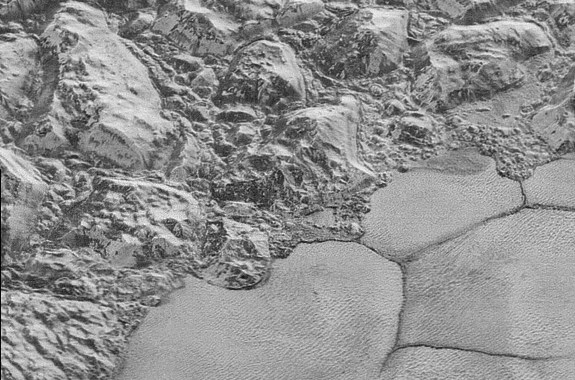10:32
So You Want to Be an Astronaut?
As NASA begins “astronaut candidate” selection, Administrator Charles Bolden explains what it means to have the “right stuff.”
12:00
What If There Were Webcams in ‘Home Alone’?
CNET editor Ry Crist discusses the increasing options of do-it-yourself security devices.
17:14
Do Scientists Have the Duty to Speak Out?
The popular anti-terrorism slogan, “If you see something, say something,” asks citizens to speak up if they see a potential threat. But does that apply to scientists?
7:19
Cell Implant Treats Inflammation Before It Starts
Designer cells detect inflammatory compounds that foreshadow an autoimmune attack, pumping out anti-inflammatory compounds in response.
9:06
Keeping Tabs on ‘Hate’ Through Google Searches
Google searches could gauge public sentiment on controversial views that polls and surveys can’t always measure.
12:03
The State of Nuclear Power, Climate Refugees, and Bad News for Bananas
Journalists Maggie Koerth-Baker and Roberto Ferdman discuss the state of nuclear power around the world, as well as the fungal threat to bananas.
22:08
Why Science Needs Failure to Succeed
Neuroscientist Stuart Firestein says that in science, “one must try to fail because it is the only strategy to avoid repeating the obvious.”
12:48
Will Ambition Be Built Into the Climate Agreement?
Will a coalition for 90 nations, including the United States, negotiate a more ambitious climate plan?
12:14
Fighting Cancer With Your Own Immune System
Former president Jimmy Carter declared himself cancer-free this week as a result of—among other things—a cancer immunotherapy drug.
10:24
Pluto Comes Into Focus
Photos from the New Horizons mission reveal icy plains, craters, and mountains on Pluto.


